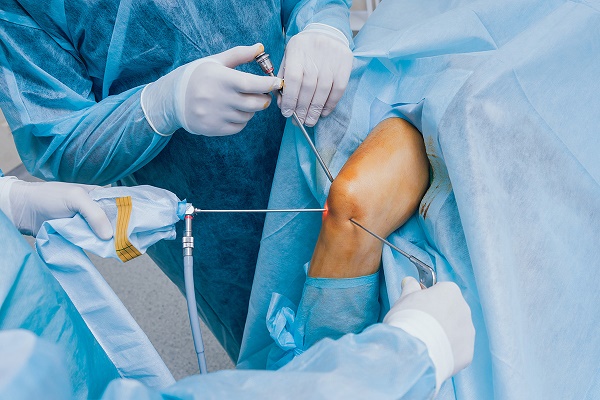Surgery can be a stressful experience for both patients and their families. Proper preparation, both physically and emotionally, is essential to ensure a smooth procedure and optimal recovery. Being informed about what to expect before, during, and after surgery can help reduce anxiety and promote better outcomes. This guide provides practical tips for patients and families to prepare for surgery effectively.
1. Understanding the Procedure
- Know Your Surgery: Discuss with your surgeon the purpose, steps, and expected outcomes of the procedure.
- Ask Questions: Clarify doubts about anesthesia, risks, recovery time, and post-operative care.
- Understand Medications: Inform your healthcare team about any medications, supplements, or herbal remedies you are taking. Some may need to be paused before surgery.
2. Preoperative Preparation
- Medical Tests: Complete all required blood tests, imaging, and screenings as instructed.
- Fasting Guidelines: Follow your surgeon’s instructions about fasting before surgery to avoid complications with anesthesia.
- Hygiene: Take a shower with antibacterial soap before the procedure and avoid applying lotions or perfumes.
- Comfortable Clothing: Wear loose, comfortable clothing to the hospital and avoid jewelry or accessories.
3. Emotional and Mental Preparation
- Stay Informed: Understanding the procedure reduces fear of the unknown.
- Relaxation Techniques: Deep breathing, meditation, or light exercise can help reduce anxiety.
- Support System: Talk to family, friends, or counselors about your concerns. Emotional support is critical.
- Positive Mindset: Focus on recovery and the benefits of the surgery rather than the fear of the procedure itself.
4. Family’s Role in Surgical Preparation
- Provide Emotional Support: Encourage and reassure the patient throughout the process.
- Understand Post-Operative Care: Learn about mobility restrictions, wound care, medications, and follow-up appointments.
- Organize Essentials: Pack items the patient may need for the hospital stay, such as identification, comfortable clothing, toiletries, and medications.
- Transportation: Arrange reliable transportation to and from the hospital.
5. Post-Surgery Considerations
- Recovery Environment: Ensure a clean, quiet, and comfortable place at home for the patient to rest.
- Follow Instructions: Carefully follow the surgeon’s post-operative guidelines regarding medications, diet, and activity.
- Monitor for Complications: Watch for signs of infection, unusual pain, or any unexpected changes and contact the healthcare provider if needed.
- Patience and Support: Recovery takes time. Family support and encouragement can greatly influence healing and emotional well-being.
Conclusion
Proper preparation for surgery is crucial for both patients and families. Understanding the procedure, following preoperative instructions, and having a strong support system can significantly improve surgical outcomes and recovery. By planning ahead and staying informed, patients and their families can navigate the surgical journey with confidence and peace of mind. Contact Us















































